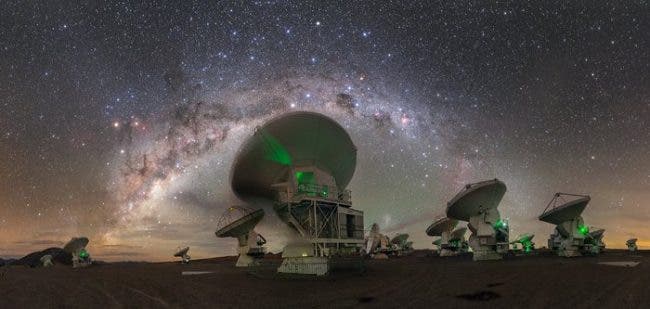In February 2020, four distinguished astrophysicists — Jonathan Carroll-Nellenback, Adam Frank, Jason Wright, Caleb Scharf — suggested that Earth may have remained unvisited by space-faring civilizations all the while existing in a galaxy of interstellar civilizations seeded by moving stars that spread alien life, offering a solution to the perplexing Fermi paradox. They concluded that a planet-hopping civilization could populate the Milky Way in as little as 650,000 years.
“It’s possible that the Milky Way is partially settled, or intermittently so; maybe explorers visited us in the past, but we don’t remember, and they died out,” says Jonathan Carroll-Nellenback, an astronomer at the University of Rochester and his collaborators in a 2019 study that suggests it wouldn’t take as long as thought for a space-faring civilization to planet-hop across the galaxy, because the orbits of stars can help distribute life, offering a new solution to the Fermi paradox. “The solar system may well be amid other settled systems; it’s just been unvisited for millions of years.”
